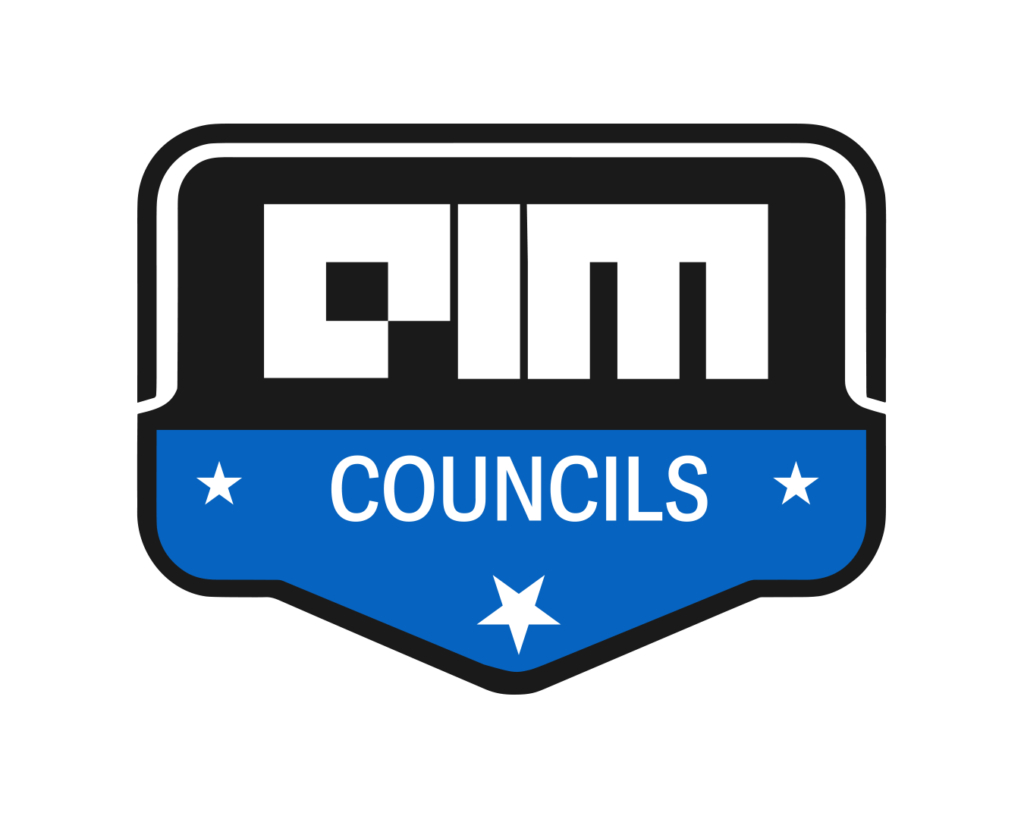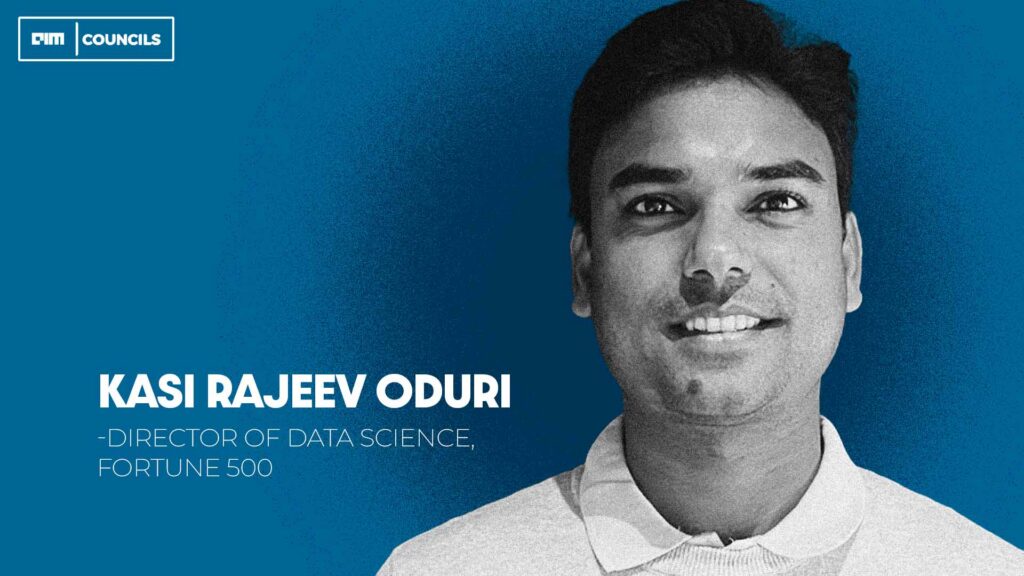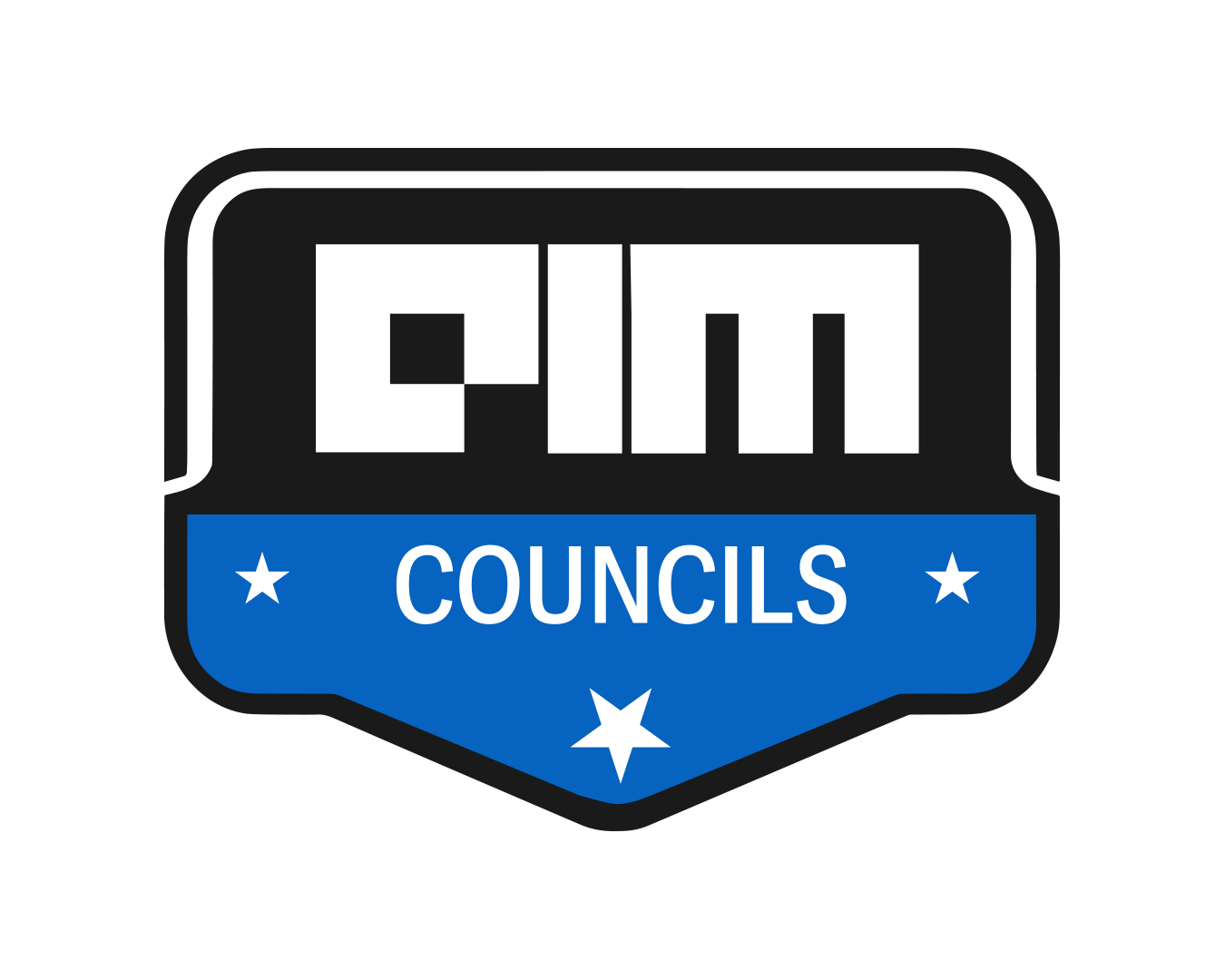Enterprise marketing systems are entering a groundbreaking phase, powered by the dynamic fusion of AI and data science. Gone are the days of guesswork and broad strokes—today’s marketers wield technologies that deliver hyper-personalized campaigns, predict customer behavior with precision, and streamline operations like never before. Imagine a tireless AI assistant generating thousands of ad variations in minutes, analyzing vast datasets in real-time, and forecasting market trends with uncanny accuracy. This isn’t the future; it’s the present reality for forward-thinking enterprises. From AI-driven content creation to predictive analytics that anticipate market shifts, these tools are revolutionizing how businesses connect with their audiences and stay ahead of consumer expectations.
Yet, despite these advancements, many enterprises struggle to bridge the gap between marketing investments and measurable business impact. Running effective campaigns is one thing, but driving true, data-backed results requires a deeper understanding of marketing components and their performance. While basic tracking offers a glimpse into campaign effectiveness, advanced AI and data science solutions unlock insights that go far beyond surface-level metrics. By harnessing these technologies, businesses can move from merely running campaigns to creating strategies that deliver tangible, last-mile business outcomes, transforming marketing from an operational necessity into a powerful growth engine.
Clearly define objectives for marketing programs
Clearly defining objectives for marketing programs is essential for any enterprise, as it provides direction and a framework for measuring success. For startups, the primary focus is often on acquiring new customers, which involves increasing brand awareness, generating qualified leads, and achieving specific conversion rates. Established companies, on the other hand, might concentrate on retaining existing customers and upselling new solutions. This includes improving customer satisfaction scores, boosting retention rates, and increasing the average order value. Additionally, most companies aim to build a strong brand reputation by enhancing brand sentiment metrics, increasing their share of voice in the industry, and achieving recognition as thought leaders through strategic content marketing.
Paperless Parts exemplifies the power of clearly defined objectives in marketing programs, using a focused approach to drive social media engagement and boost business growth. With a primary goal of increasing brand awareness and RFQ (Request for Quote) volume, they leverage LinkedIn, where over 300,000 part buyers are active, to showcase their capabilities, response times, and industry expertise, paired with clear calls-to-action to attract potential customers. Their strategy extends to enhancing customer engagement through prompt responses to comments, sharing testimonials, and offering behind-the-scenes glimpses of their manufacturing process. By positioning themselves as industry leaders through educational content and professional profiles, they build a strong brand reputation, while an efficient, planned approach to content ensures consistent execution.
High fidelity data instrumentation and collection
Once we define the objectives, it’s now time to collect data or set up systems in place to collect perpetual data collection machines to measure our marketing objectives. Exposure to ads, engagement metrics such as clicks, video views, conversions, average order value, repeat purchases, conversions without ad exposure, interactions between different ad types, invalid/bot traffic, frequency of ads, time of the day, error rates, shipping methods, returns etc. are some of the key metrics to track for marketing effectiveness measurement. Some of these metrics are typically measured in existing data collection methods such as Point of Sale solutions, metrics like ad exposure, engagements on ads needs additional set up.
Hyland, a leading content services provider, offers a compelling real-life example of high fidelity data instrumentation and collection for marketing effectiveness measurement. By implementing 6sense’s Account-Based Marketing (ABM) platform, Hyland significantly enhanced their marketing efforts through advanced data collection and analysis. This system allowed them to track crucial metrics such as ad exposure, engagement, conversions, account behavior, and invalid traffic detection. The platform also enabled optimization of ad frequency and timing. As a result of this data-driven approach, Hyland experienced improved targeting capabilities, increased marketing ROI, enhanced decision-making processes, and gained a competitive advantage in their industry. This implementation demonstrates how comprehensive data instrumentation can lead to more personalized customer experiences, cost-effective marketing strategies, and the ability to identify emerging market opportunities, ultimately driving business growth and success.
AI and data driven marketing to drive effective marketing strategies
Data gives marketing more power to drive strong business impact. Being able to do basic tracking helps measure how marketing programs are performing with respect to how many customers or potential customers saw the ad, how many times they saw the ad, how many engaged with the ad, and how many purchases the solution after engagement or viewing the ad. However, it’s important to measure the true impact of marketing on business by analyzing what core business can already achieve without any marketing. AI and Data science can help with measuring the true impact of marketing beyond just basic tracking. And even more, AI and data science can help drive personalized ads, optimize content based on real time performance, audience list selection for direct mail, winning bids in offsite media auctions, identifying right frequency for email and push notifications etc.
Coca-Cola exemplifies the effective use of AI and data-driven marketing to drive impactful business strategies. The beverage giant leverages AI for personalized marketing, consumer insights, and operational optimization. Through its digital ecosystem, Studio X, Coca-Cola creates targeted content and measures its impact in real-time. The company’s AI-powered tools analyze vast amounts of consumer data to tailor marketing messages, optimize pricing strategies, and even generate personalized content like the 120,000 unique videos created for the FIFA World Cup. Coca-Cola’s AI initiatives extend to chatbots for customer engagement, the Freestyle fountain machine for custom beverages, and loyalty programs offering personalized rewards. This data-driven approach has yielded significant results, with AI-recommended SKUs increasing purchases by 30% and contributing to the company beating quarterly expectations. By combining artificial intelligence with human ingenuity, Coca-Cola has enhanced customer experiences, streamlined operations, and maintained its competitive edge in the global beverage market
It’s never too late to get better at improving marketing strategies. AI and Data Science may look like buzz words. But, the core of AI and Data Science is better decision making and scaling. Despite the limitations, most of the marketing strategies can be optimized and business impact can be significantly improved with data and AI. While implementing AI and data science in marketing, it’s important to practice good data governance and comply with all laws to respect customer privacy.












